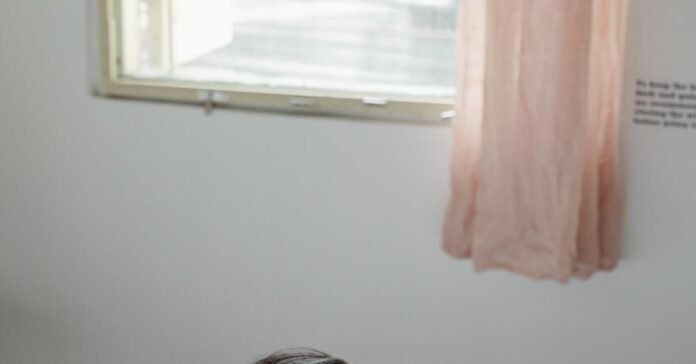You may feel that your sleep apnea diagnosis is the end of your world. Perhaps you have never felt so alone as when your doctor gave you the news. Take heart though, because you are definitely not alone. Thousands are diagnosed with sleep apnea every year, and you can learn from their experiences.
Talk to a physician about the right CPAP machine for you. You should consider the size and volume of the device before you decide to get one. Certain CPAPs are tinier than bread boxes and are barely heard. Your physician can recommend the best manufacturers in the industry.
Taking up a musical instrument (especially a wind instrument) can have a positive effect on your sleep apnea. Regular playing of the didgeridoo has been found by German scientists to strengthen the muscles of the upper airway. You can stiffen your throat muscles which will help them get more air to flow through them. Due to this, regular play can translate into good sleep at night.
If you decide to try a CPAP machine, do not give up until at least a few weeks. A lot of sleep apnea patients give up before they really get a chance to get used to their machine. Wait until you are comfortable with sleeping while wearing a mask and you should really notice a difference.
Get a mouth guard made specifically for you. Guards like these are specifically made for assisting sleep apnea patients. This can be an alternative to a CPAP machine, and can be more comfortable, to boot. These mouth guards help you by making sure your airways remain open by giving your soft tissues a stabilizing hand.
Sleep apnea can be a serious disorder. If you see any signs, go get yourself an opinion right away. When you are officially diagnosed, you are going to be referred to a sleep specialist. You may even have to take a sleep test at home with a monitor to fully discover the depth of your symptoms.
Everyone who snores does not have sleep apnea. Conversely, everyone who has sleep apnea does not necessarily snore either. How do you know the difference? The biggest signs are how you feel during the course of a normal day. Snoring does not interfere with the sleep quality the same way that sleep apnea does. With snoring you are less likely to suffer from fatigue during the day.
If you’re a sleep apnea sufferer and your mouth always opens as you sleep because of your CPAP, you may want to wear a chin strap. This device keeps your jaw up as you sleep. Try this out to keep your mouth closed.
Be sure to take your CPAP with you if you have sleep apnea and have to visit the hospital. Whether the stay is for a planned surgery or sudden emergency, make sure you have access to your CPAP for the duration of your stay. You’re already comfortable with the mask you’re using, and your machine provides exactly the pressure setting you need. Even if you are hospitalized, you can seamlessly continue using your CPAP in this manner.
Make a sleep schedule and keep to it. By sleeping at regular intervals and times, your body gets used to a pattern and takes advantage of it. If you are not getting quality sleep on a regular basis, your sleep apnea may worsen. Make sure to go to bed at a similar time every day and try to sleep a fixed amount of hours.
A sleep apnea diagnosis is definitely not the end of your happy little world. In fact, it might just be the start of a whole new healthier chapter in your life. Take the tips you learned in this article, and start to make positive changes in your life that can help you to rest easier.



